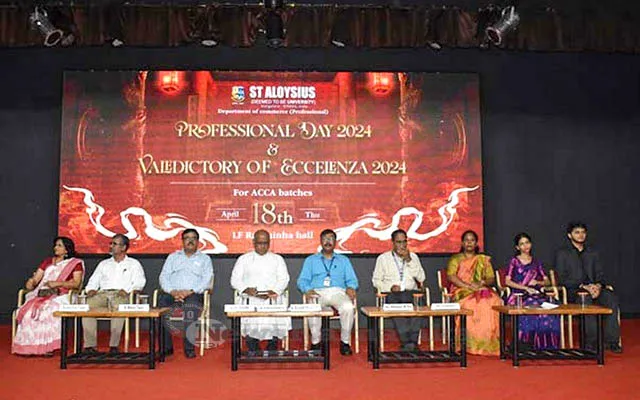 Canberra: A group of Australian researchers discovered a set of teeth that belonged to a giant prehistoric shark from about 25 million years ago, authorities announced on Thursday.
Canberra: A group of Australian researchers discovered a set of teeth that belonged to a giant prehistoric shark from about 25 million years ago, authorities announced on Thursday.
The fossilised teeth of the extinct mega-toothed shark Carcharocles angustidens, which could grow up to 9 metres long, were found by palaeontologists from Museums Victoria and a local scientist in the coastal town of Jan Juc, about 100 km southwest of Melbourne, reports Efe news.
There were also teeth of Sixgill sharks (Hexanchus), which suggests that the latter fed on the remains of the huge creature after its death, according to a statement from Museums Victoria.
Sharks lose one tooth per day but they have the ability to regenerate their teeth.
In addition, the cartilage – the material a shark skeleton is made of – does not easily fossilise.
“These teeth are of international significance, as they represent one of just three associated groupings of Carcharocles angustidens teeth in the world, and the very first set to ever be discovered in Australia,” Eric Fitzgerald, a palaeontologist at Victoria Museums, explained.
Remains of the “Carcharocles angustidens”, which is twice as big as great white sharks, were first sighted by Philip Mullaly, a science enthusiast who was searching for fossils on the beach.
During his walk along the beach in Jan Juc, known to be one of Australia’s most important fossil sites, Mullaly spotted a “shining glint in a boulder and saw a quarter of the (fossilised) tooth exposed”,
Later on, Fitzgerald and his team conducted other excavations at the site and managed to collect another 40 teeth.
Most of them belonged to the Carcharocles angustidens and others to a smaller species called Sixgill shark, an animal that still inhabits the coasts of Victoria state.
The teeth of Sixgills may have become dislodged from their jaws as they fed on the carcass of the Carcharocles angustidens after it died.
The Sixgill nowadays feed on the remains of whales and other animals, a lifestyle they seem to have maintained for millions of years.


















